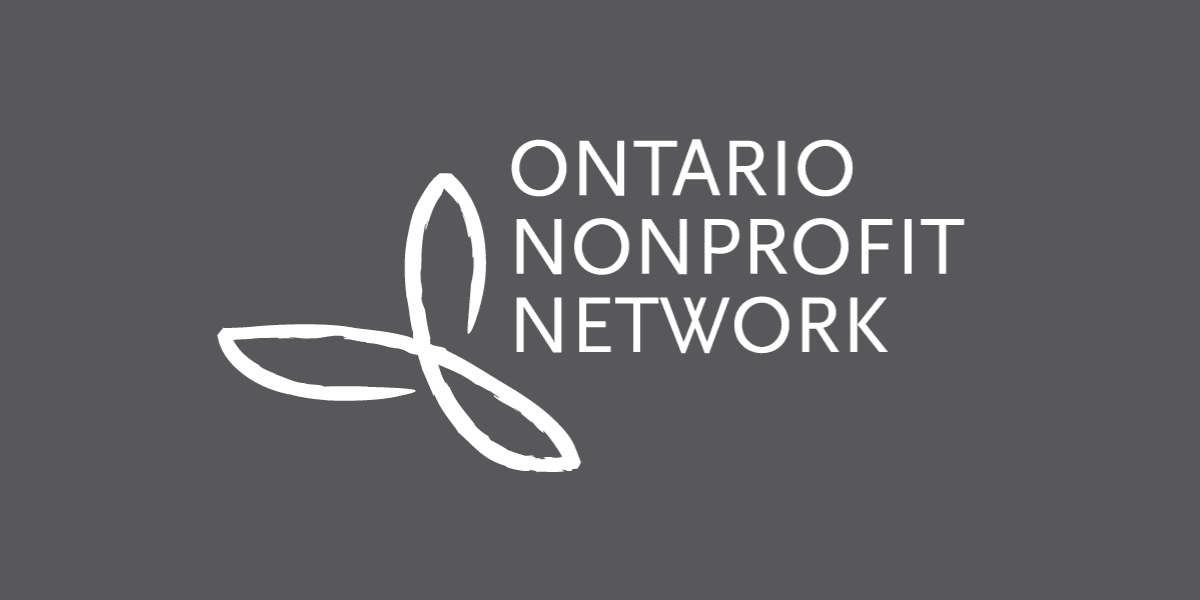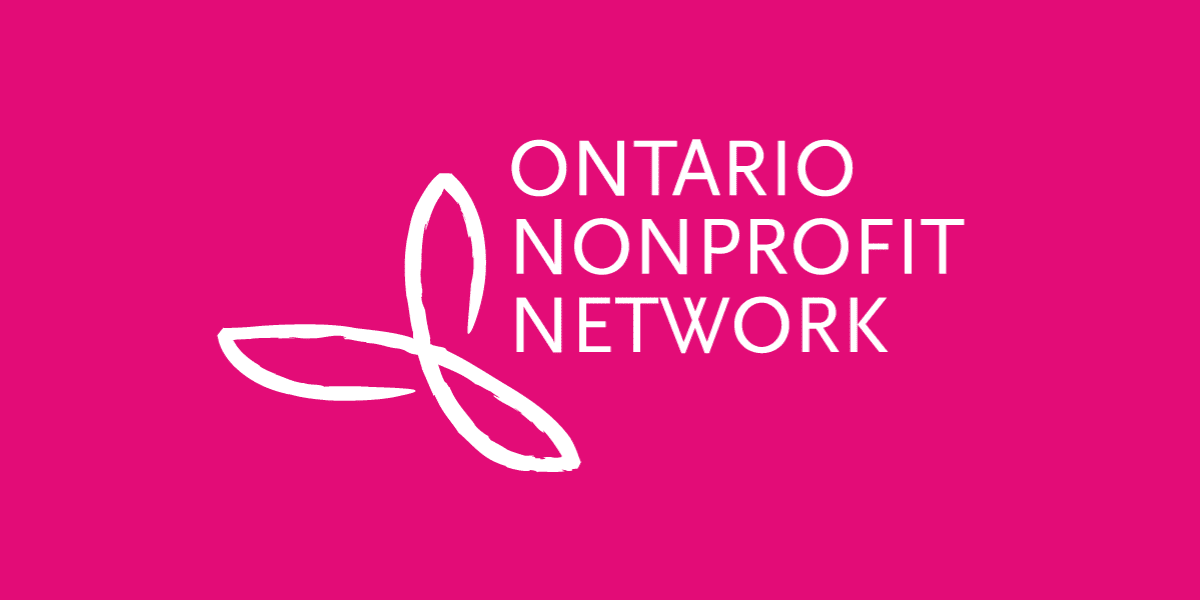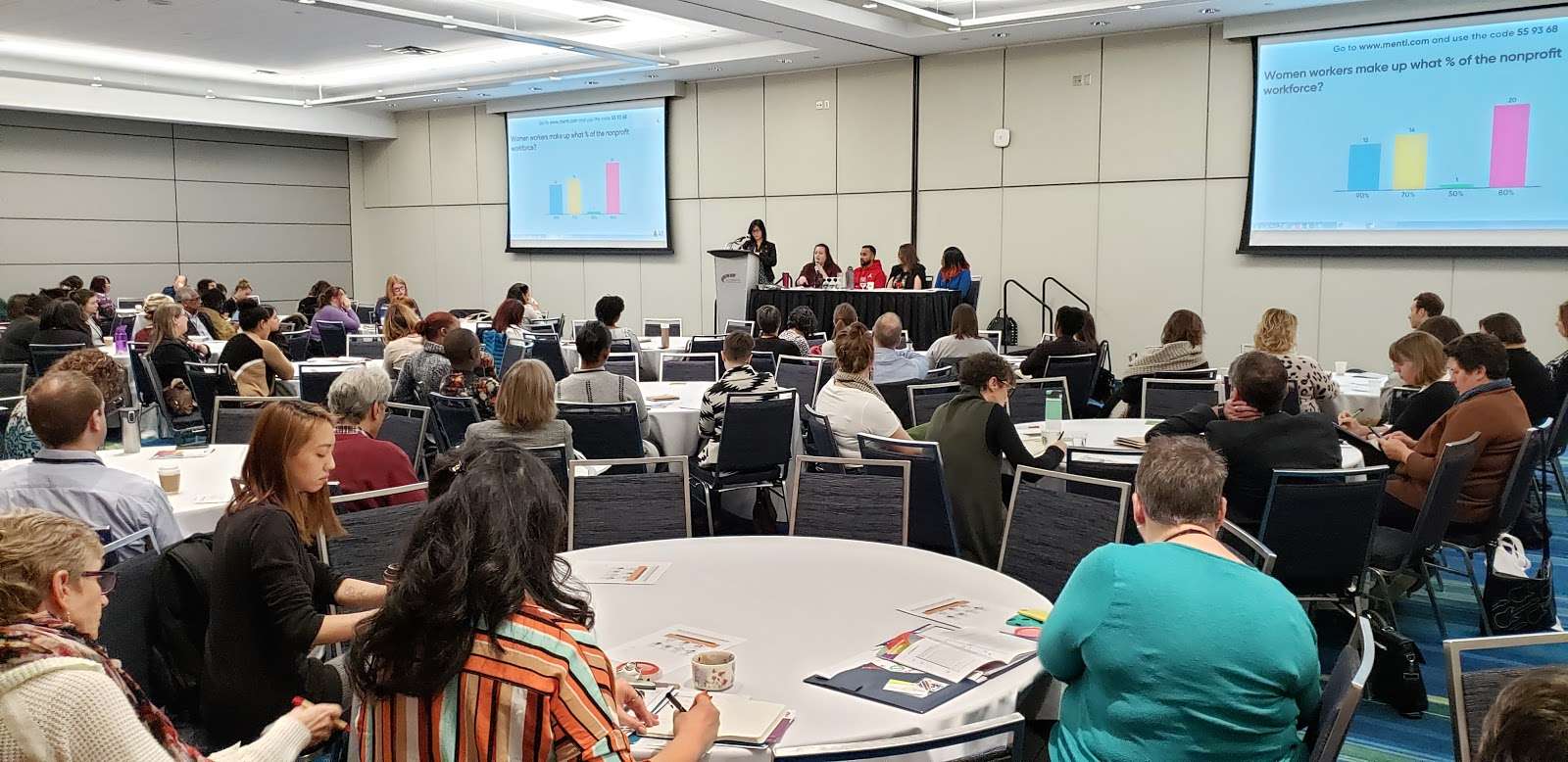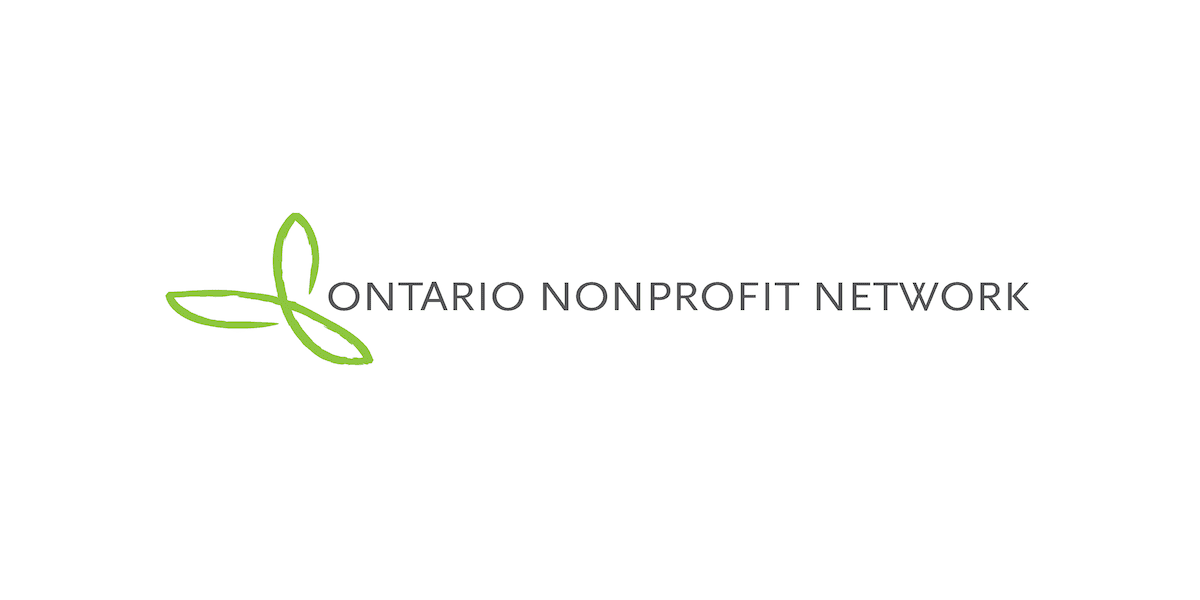
Blog
A letter to the nonprofit sector on centering Black wellness and rest
Here, at ONN, I spend the majority of my working time thinking about, breathing in and strategizing around decent work and racial justice and Indigenous justice. Since joining the team in June 2021, almost every week, I’ve connected with nonprofit leaders and workers about embedding practices that support decent work in the nonprofit sector and trying to figure out how they can implement internal practices and policies that help them live out their values. I want to start off this blog post by offering some insights on the first part of the journey I’ve taken to advance decent work for Black workers across and within the sector.
This work is part of the current iteration of ONN’s decent work project, to build racial justice and Truth and Reconciliation into our decent work movement-building, using an intersectional lens.
During this time, I have been engaging with various settler-led, Black-led and Indigenous-led organizations, leaders and nonprofit workers. As I started to dream up learnings to share with the nonprofit sector, specifically about the realities of Black workers and leaders within the sector, I first leaned into research that showed the links between management and slavery, and ways that nonprofits need to rethink their management styles. Then I had the desire to elaborate on learnings from the Networking space for Black, Indigenous, and racialized people held at Nonprofit Driven 2021 and the podcast episode of Digging In with ONN on anti-Black racism and solutions for change with Rudayna Bahubeshi.
But the question on a yellow post-it on my desk gnawed at me: “What does wellness look and feel like in the workplace for Black workers within the nonprofit sector?” Truthfully, it’s one question among many that will be central to the current iteration of decent work that ONN will be working on and exploring with Black-led organizations.
Photo credit: Samya Lugoma, Congolese artist living and loving on unceded Algonquin Anishinaabe Territory.
As part of this, I want to invite the sector to think about supporting Black workers’ wellness by acknowledging Black fatigue and rethinking practices of rest to include a higher level of flexibility.
The time to acknowledge Black Fatigue is now
Black Fatigue is a term coined by Mary Francis Winter, She describes the impacts of anti-Black racism causing “extreme exhaustion that is linked to the mental and physical maladies that are passed from generation to generation”. Winter’s description of the intergenerational impacts of navigating an anti-Black world provides a stark reality that needs to be acknowledged in the context of wellness in the workplace. Advancing Decent Work for Black workers in the sector means addressing the impacts of racism on our well-being. No small feat. I encourage the sector to re-examine complicity in practices that contribute to Black fatigue. And since it’s Black History Month, we can start today, right now, by rethinking practices that are harmful and contribute to Black fatigue.
Many Black workers within the sector are working double shifts in an effort to support Black History Month programming for their respective organizations. Earlier this month, I moderated a panel hosted by the Enchanté Network where every panelist, who are Black 2SLGBTQ+ sector leaders, spoke of the volume of events, educational and speaking engagement requests alongside the additional unpaid labour that comes with fulfilling those requests. The experiences shared on the panel are not unique. A recent report, Trading glass ceilings for glass cliffs: a race to lead report on nonprofit executives of color (2022), by Race to Lead, an initiative of the Building Movement Project, speaks to the unique challenges faced by nonprofit executives of colour. For frontline workers and changemakers that do not hold leadership titles, fatigue is also a reality.
Addressing and acknowledging Black fatigue is a critical, if not essential, component of integrating Black wellness and rest into the nonprofit sector. The invitation to lean into rest must be met with sustainable practices for Black workers, which include employee benefit packages that are culturally relevant and tackling anti-Black racism in the workplace.
Centering Black wellness and reimagining HR practices
In a conversation with Danait Mehreteab, the National Learning Community Facilitator at 4Rs Youth Movement, she spoke of moving beyond the narrative of rest and self care as tools and to center Black wellness within the nonprofit sector. We are often juggling multiple realities of home and work-life, so there isn’t really a break. “What would it look like if nonprofits offered the flexibility of time in deliverables at work?”, she asks. If anything, the pandemic has taught us that 9-5 work schedules need to be re-examined. Many nonprofit organizations in the sector have been exploring flexibility through moving to a 4 day work week and rethinking operation models. Adopting various models may take time and may vary depending on organizational focus, but possibilities to rethink HR practices exist. The implementation of flexibility is not new; in the summer of 2020, nonprofits adopted practices of offering Black employees flextime to counteract the ongoing resurgence of anti-Black racism and state violence being witnessed in the media and across North America.
Though I can relate to the fatigue and feel it too, I do find joy in celebrating Black History Month at various roundtables, conferences, panels, workshops, lunch and learns, and more. I’m also excited to learn from sector leaders at the upcoming Black Leadership in Social Impact Summit hosted by Future of Good and the Foundation for Black Communities.
While the nonprofit sector may not have the perfect models to address Black fatigue, there is an urgent need to acknowledge it and take action to support Black workers. In the words of Tricia Hersey, the founder of Nap Ministry, “Black people have been born into systems and cultures that have centered messaging that we are not worthy unless we produce. We must lean into practices of rest as a form of resistance systems of domination. We deserve rest.”
And on that note, I’m wishing you all a Happy Black Rest Month!






